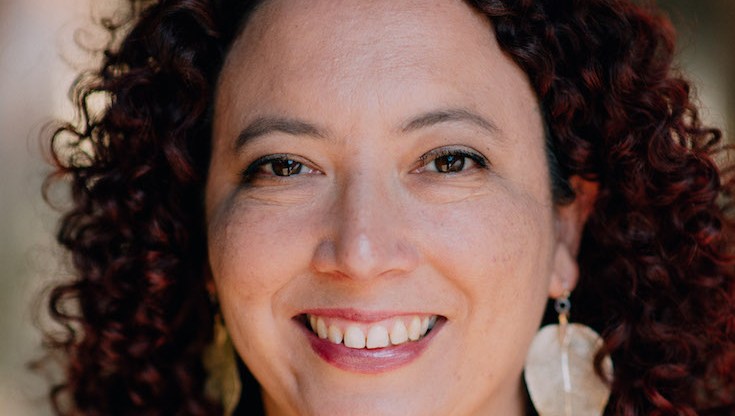‘Gender critical’ Maya Forstater should have the right to misgender trans women, lawyer argues

Maya Forstater argued it is ‘compelled speech’ to use the right pronouns for trans people. (Center for Global Development)
Being asked to refer to trans people with the correct pronouns is “compelled speech”, a court heard today in the appeal of Maya Forstater.
On the first day of a hearing at the Employment Appeals Tribunal, lawyers for Maya Forstater argued that calling a trans women she or her forces a “gender critical” person to “express a view they do not share”.
And when it comes to respecting trans people’s gender, “no one has the right to compel others to make statements they don’t believe”, the court was told.
Maya Forstater is a tax researcher whose employment contract at the Centre for Global Development (CGD), a Washington think-tank, was not renewed in December 2018 after she upset colleagues with her views on trans people.
Forstater, who had worked for CGD on a consultancy basis since January 2015, took the think-tank to an employment tribunal arguing that they had discriminated against her for holding “gender critical” views.
The 2019 employment tribunal ruled that Forstater’s “gender critical” views, which included vocal opposition to trans rights and a refusal to accept trans people as the gender they say they are, do not qualify as a protected belief because they degrade the rights of trans people. The judge at that time said that her anti-trans views are “not worthy of respect in a democratic society“.
She is now appealing that judgment, again arguing that being “gender critical” should be a protected belief under the Equality Act 2010.
Forstater’s opinion is that there are only two sexes, male and female, and that it is not possible to change sex. Her lawyer today said that the existence of intersex people is “something of a distraction in this case”.
“Maya will mostly use a person’s preferred pronouns and avoid drawing attention to their sex if that makes them uncomfortable,” Cooper told the court today. “She reserves the right to do otherwise in circumstances where she thinks it is relevant to do so.”
These circumstances include in public debates about trans rights, access to single-sex services, healthcare, sports and prisons.
“[Forstater’s] views are entirely mainstream and not inherently transphobic, bigoted or harassing of other people,” Cooper added.
“I reserve the right to use he and him pronouns for male people,” Maya Forstater said in a written statement. “No one has the right to compel others to make statements they don’t believe. It is important for children to be able to speak up about anything that makes them uncomfortable.”
“I don’t think anyone should be compelled to follow literal delusions like trans women are women,” she added.
Two organisations have intervened in Maya Forstater’s appeal – the Equality and Human Rights Commission (EHRC), and Index on Censorship. Both said that the employment tribunal’s December 2019 ruling was “wrong” and that gender critical views should be a protected belief under the Equality Act 2010.
“These are controversial views that we say should be protected,” said Karon Monaghan QC, for the EHRC.
“The tribunal got it wrong,” she added, going on to say that the Equality Act 2010 provides exemptions in relation to the protected characteristic of gender reassignment, giving the example of when an orthodox religious community could refuse to carry out a marriage that involved a trans person where in the view of that community it was a same-sex marriage.
“Notwithstanding the Gender Recognition Certificate, for some religious orthodox communities sex is immutable and not changed by a Gender Recognition Certificate,” Monaghan said.
The hearing will continue tomorrow with submissions from the lawyer for the Center for Global Development.

